Today we’d like to introduce you to Constance Nicole Frierson
Hi Constance Nicole, can you start by introducing yourself? We’d love to learn more about how you got to where you are today?
To escape the scourge of the Jim Crow South, some of my blood relatives migrated from Mississippi in the 1940s. They were full of hope to start a new life in what was called the promised land. It was up North, in a city called Chicago.
Years later when I was born, there were few tangible resources, especially for Black women. Healthcare was sub-standard and many were forced to live in what became tenement slums due to “white flight.” The neighborhood had once been diverse with populations of immigrants but when they moved, city services declined and the neighborhood became overrun by organized crime. My caregivers were not equipped to love and nurture me, especially since I was the result of an unwanted pregnancy.
Babies are solely dependent on the nurturing of their mothers. However, in my case, I was conceived and brought forth into an environment of rejection and disdain. Perhaps my hypervigilant nature manifested while still in my mother’s womb. As we are of an animal species, the fight/flight response is already genetically coded. These developing senses would have only been heightened by my mother’s emotional responses to the abuse she was suffering.
My grandmother came to my rescue. She took me and what little belongings I had to Mobile, Alabama. During my early years living with my grandmother, there were survival lessons I would have to learn. By the age of five, I understood that sometimes adults aren’t always truthful. My grandmother was amazing and living with her was the best part of my childhood. I have fond memories that always make me smile. Even though I loved her, and felt nurtured by her, I discovered that she could not always be trusted.
The first fib I caught my grandmother in was about Santa Claus. I remember a Christmastime when our house was filled with the wonderful smells of sweet oranges, buttery two-layered cake baking in the oven soon to be heavily slathered with her mouth-watering lemon-flavored icing. The shimmering aluminum tree was set up on the round wooden table at the center of the living room window. Mama(my grandmother) had decorated it with a white glittered star framed in red that lit up on top of the tree. She had bought a color wheel light and positioned it so the rotating red, blue, green, and yellow changed the colors of the tree’s tinsel. These enhancements made it even more magical.
I was old enough to understand about Santa Claus so it’s very possible this would have been 1963 when I was five years old. When it was time for me to go to bed, my grandmother said she had set something out for Santa Claus. What she set out was a slice of the two-layered cake she had baked earlier, with a cup of coffee. I immediately thought this wasn’t right. Every story I’d heard about Santa Claus visiting on Christmas Eve said you always set out cookies and milk for him. Why is my grandmother leaving him cake and coffee? Seemed to me that was something she would have for herself. Something was wrong with her story. Of course, I knew better than to say that my grandmother lied about it, but she told an untruth. That was the first time I realized I could not always trust what an adult might say to me.
She was the only mother I had known until the age of seven when Mama and I moved to Chicago to live with her daughter and husband. The couple was childless and believed I would be the perfect addition to complete their assimilation into a Black middle-class life. A kinship adoption would allow me to stay with members of my original family. My great aunt and uncle became my adopted parents.
My new parents were different from what I was used to. Father was fun to be with. He was warm and kind-hearted. Mother was extremely strict and cared a lot about her belongings and how we were perceived by the outside world. I had all the material things a child would need or want. My grandmother continued providing the nurturing love I needed. I would soon develop the skill of how to keep myself safe within a volatile environment. My instinctive responses to mistreatment evolved. I understood that the abnormal treatments were wrong, Before developing an understanding of the world outside of myself, all that was available were my feelings.
I have lived over half my life desperately wishing I belonged to this family. Sadly the family connections never felt quite right. Yet the years I spent with my grandmother created the foundation that I have survived and thrived to this day. Had she not been in my life early on it is unlikely that I would be here today.
Can you talk to us a bit about the challenges and lessons you’ve learned along the way. Looking back would you say it’s been easy or smooth in retrospect?
There have been numerous obstacles and challenges throughout my life. I’ve developed an appreciation for my lived experiences because now I can share what I have learned. There was so much to learn and many expectations to live up to. For a few years, my grandmother shielded me, but she was getting older and in some ways, I became her caregiver and companion.
The tension in the household was stifling. My mother resented the bond I shared with my grandmother. I could sense it if I stayed with my grandmother too long. I developed a nervous condition from the anger my adopted mother hurled at me and would have to plot when I could sneak into my grandmother’s bedroom unnoticed. I became hypervigilant, always checking the emotional temperature in the house.
That’s a great burden for a child to take on. By high school age, I had grown tired of the verbal and physical abuse. After all, I was constantly told that I was ungrateful and didn’t appreciate all they did for me. But I would’ve given it all up for a kind word, a hug, or a smile from the woman I was forced to call mother.
I decided everyone would be better off if I ran away. So, I did leave temporarily but was forced to return and live there until I reached the age of eighteen. That’s when I left for good, leaving all the trappings of that life behind.
Appreciate you sharing that. What else should we know about what you do?
My professional experience includes higher education, financial services, corporate healthcare, and media management. Presently, I am a working writer and social justice arts practitioner putting the finishing touches on my autobiographical novel, The House on Union Street. The short film Color of Autumn is inspired by a short story I wrote about a painful childhood experience. The film continues receiving recognition at various film festivals around the country. Our goal is to use this film as part of an educational program to change hearts and minds about bullying. It is more harmful today than it was when I was a child.
I am extremely proud of my two daughters and their emergence as resilient, courageous, and empathetic women. Whenever possible, I enjoy spending time with them. We share the love of many things including world literature, music, film, theatre, and other arts. We care about society and actively pursue ways to improve our communities. They are wonderful moms and I completely adore my two grandsons.
Because of my lived experiences, I see life through a different lens. However, the path to healing can be long. I still love and nurture that little girl I once was. Only in times of unusual stress do I have to gently remind myself that I am safe.
Alright, so to wrap up, is there anything else you’d like to share with us?
In my next novel, I intend to shed light on narcissism and the ways this behavior has impacted my life. I want to share what I’ve learned and how I’ve improved my life by living authentically.
Contact Info:
- Website: : https://www.constancenicoleauthor.com/
- Instagram: @nicole.in.the.middle
- Facebook: https://www.facebook.com/Ariesista?mibextid=LQQJ4d
- Other: https://app.thefield.org/home/donation/crowd/view/159/Color-of-Autumn-Education-Intiatives
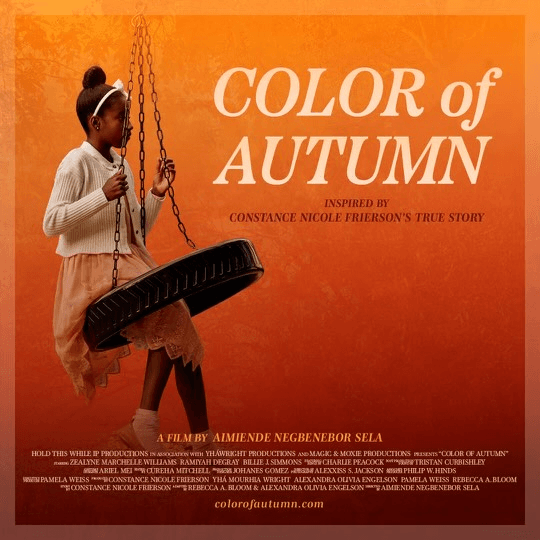
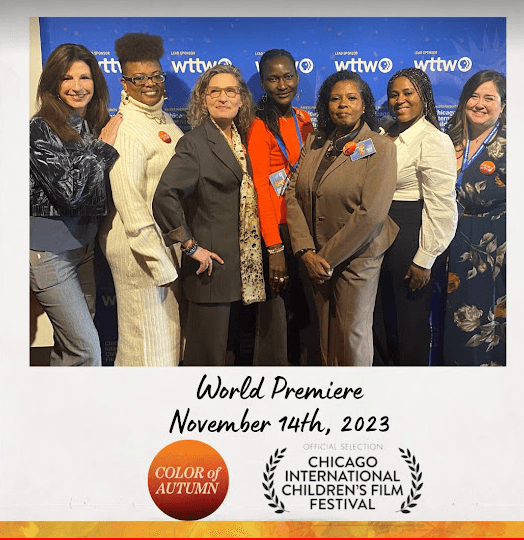
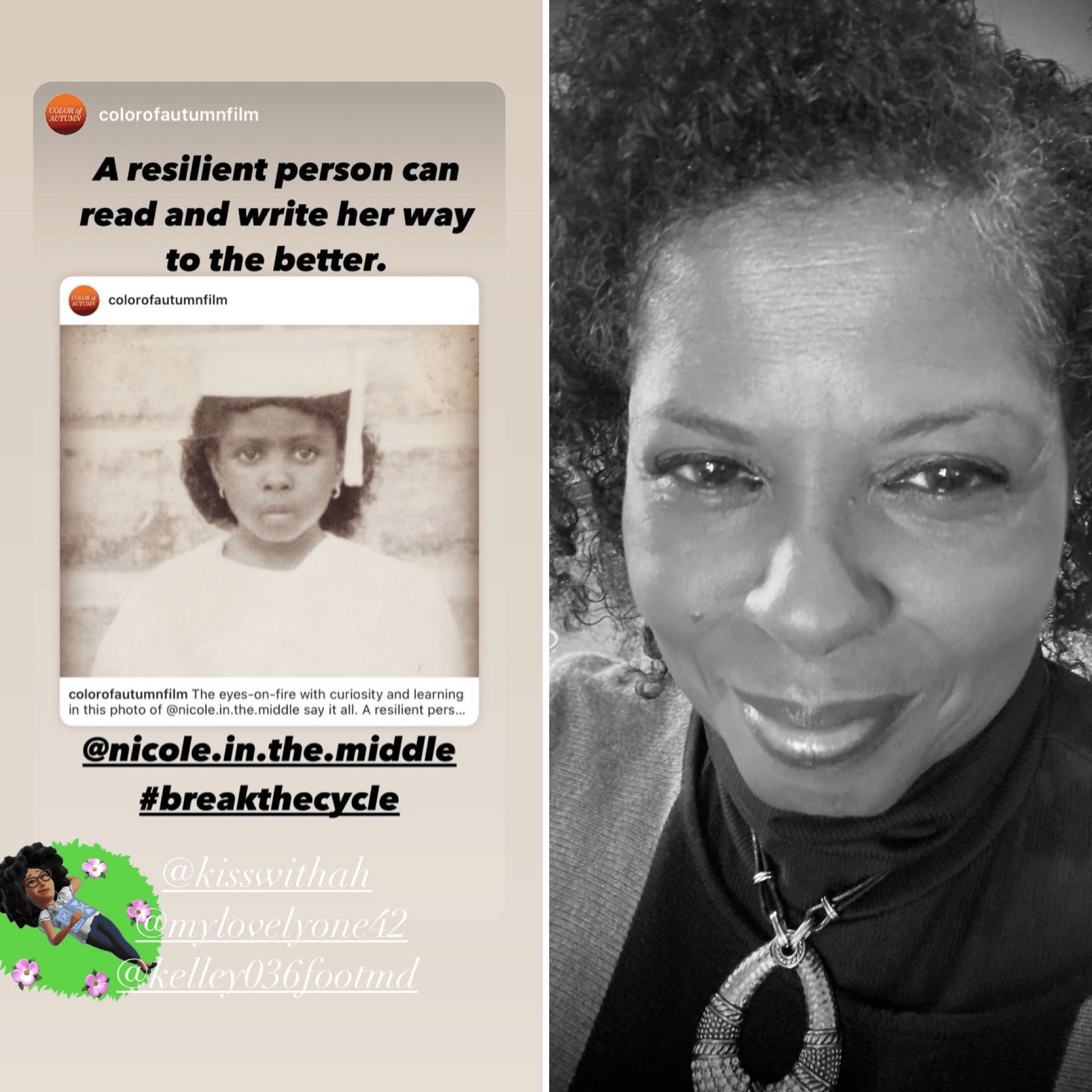
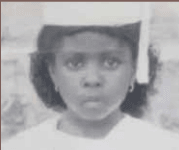
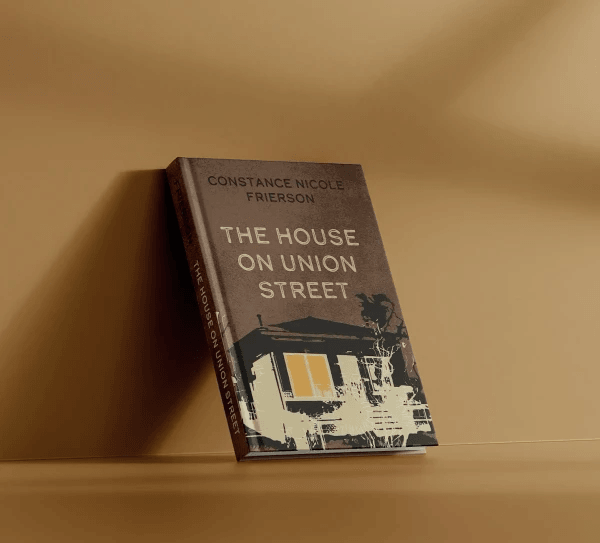
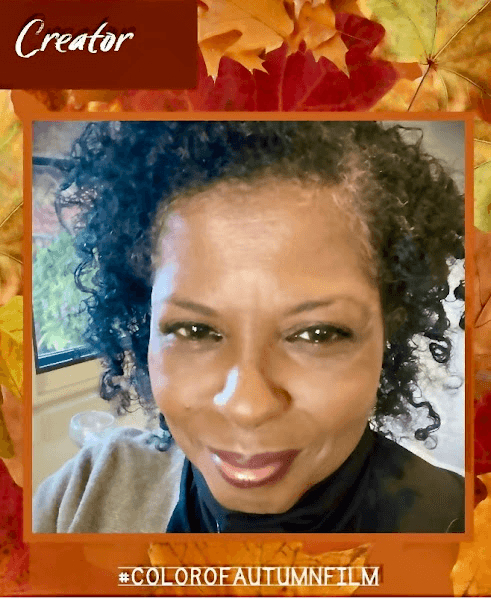
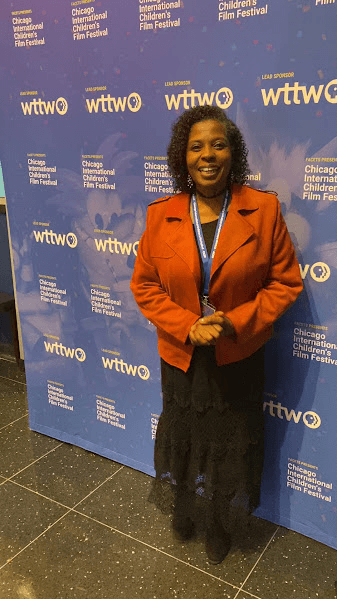
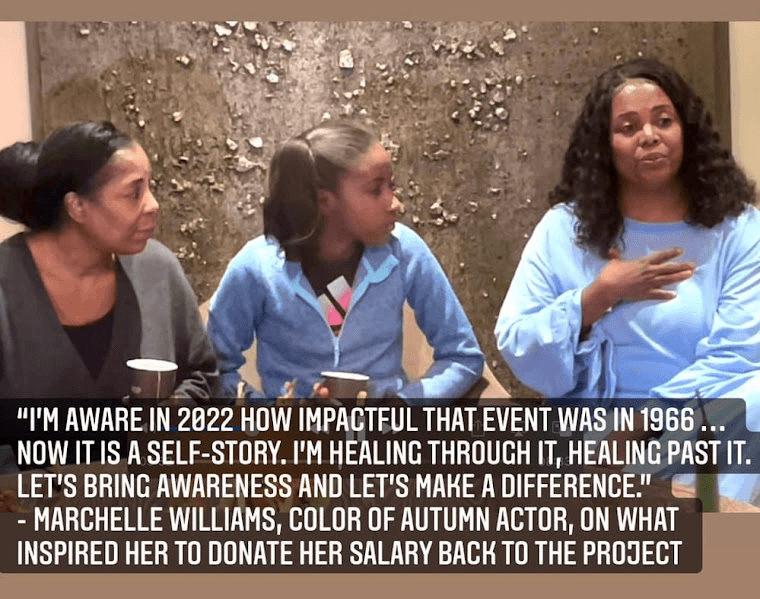
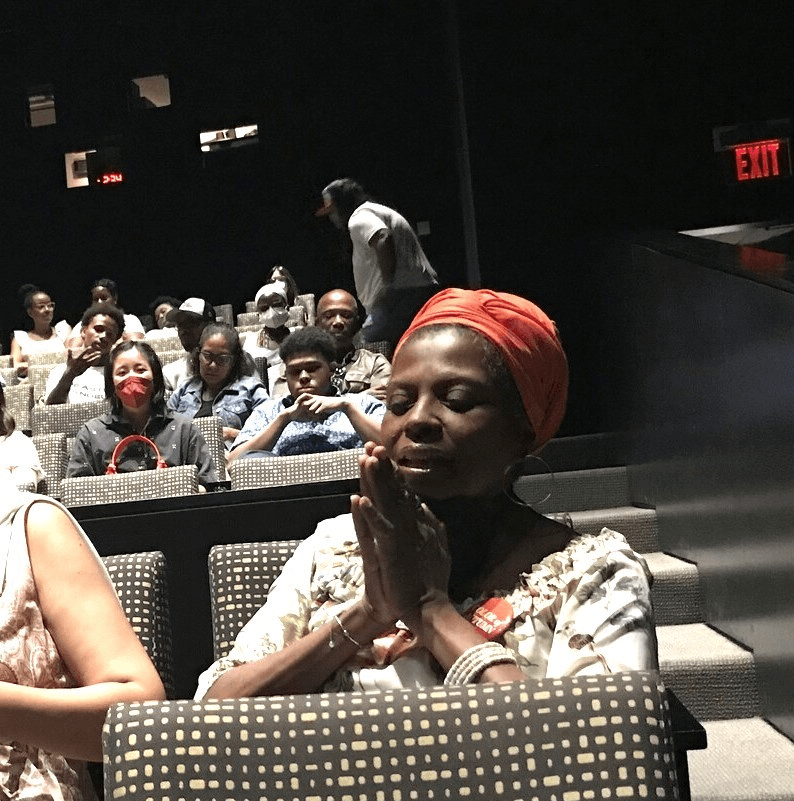
Image Credits
undefined


